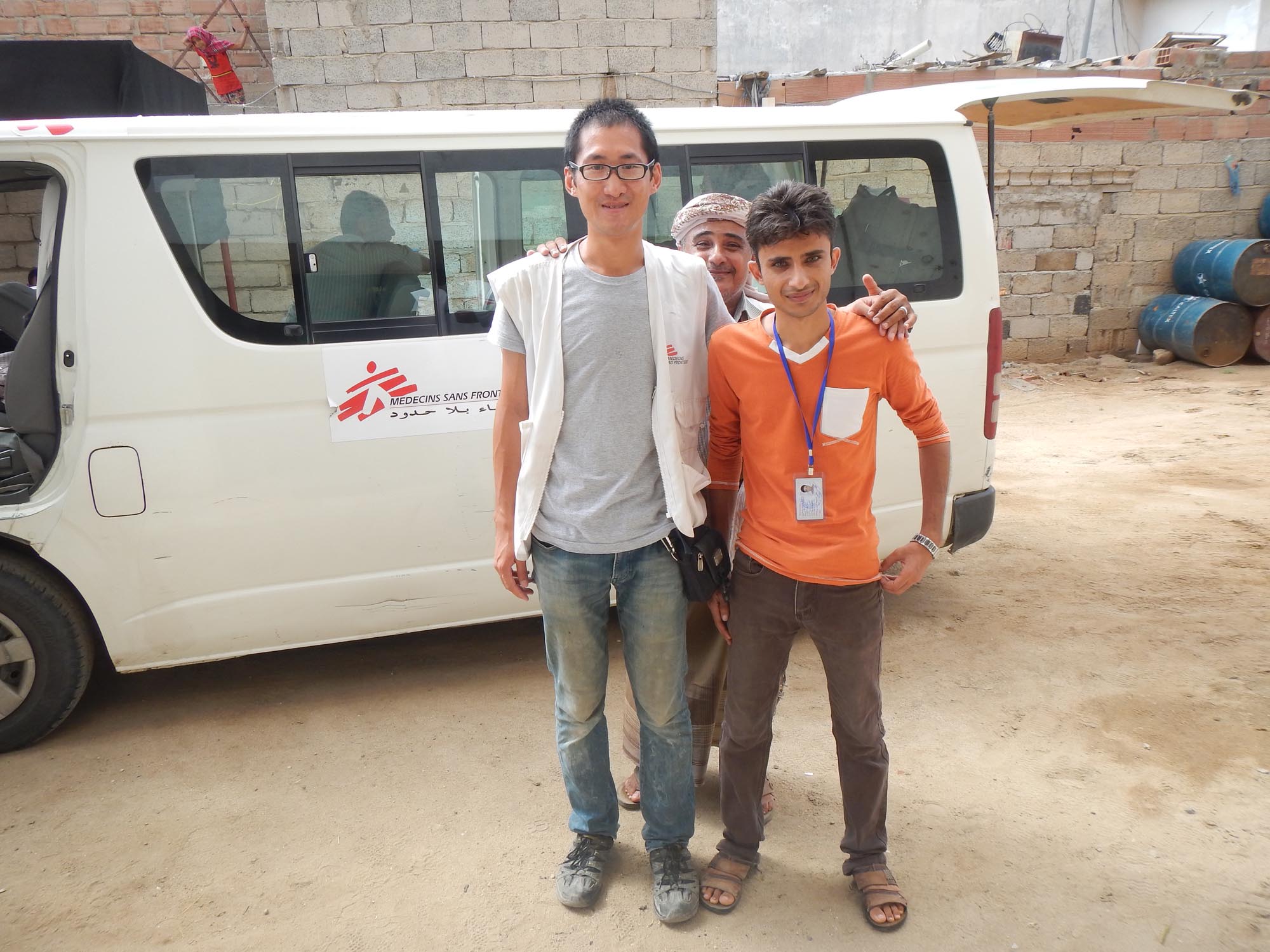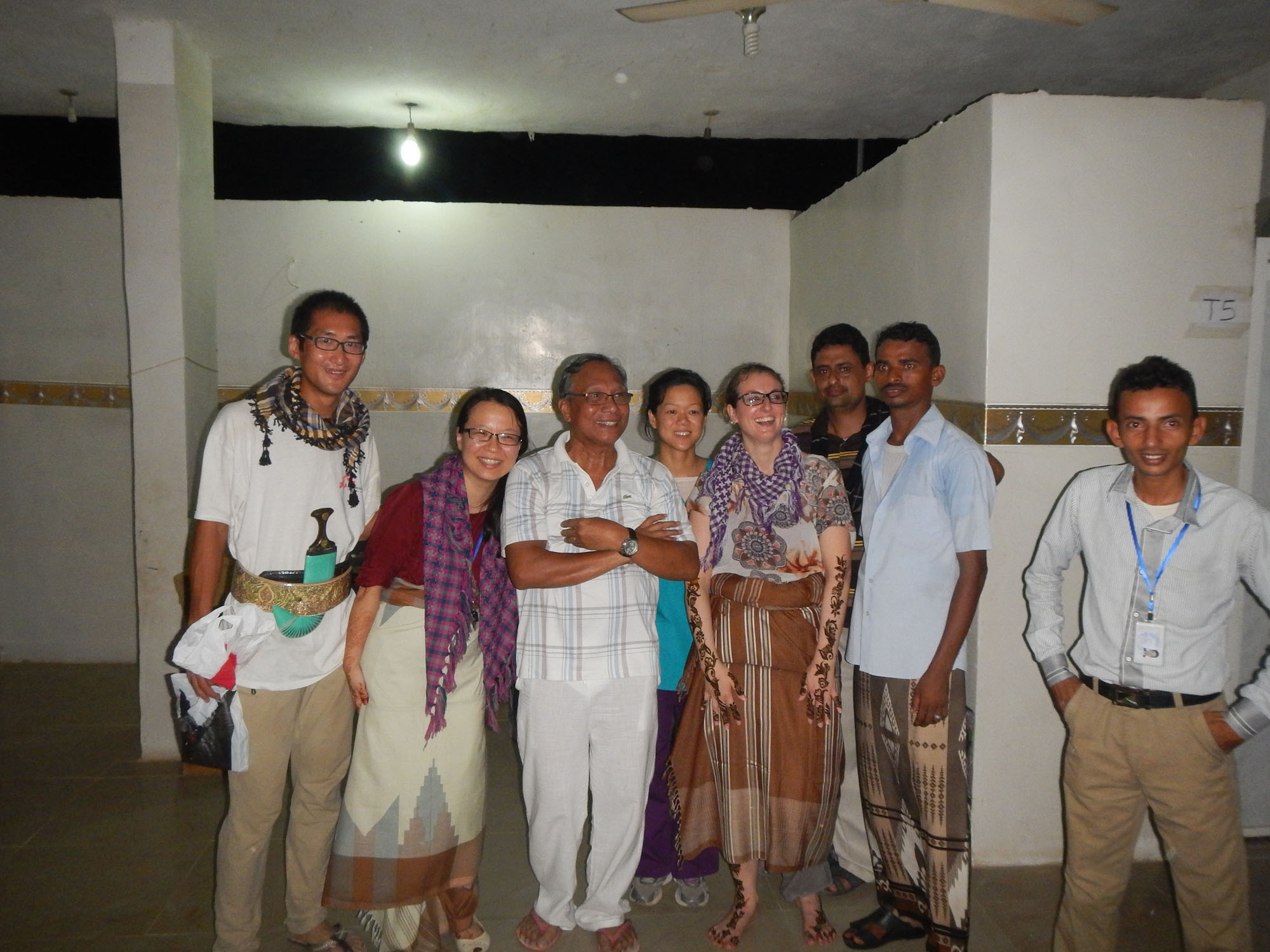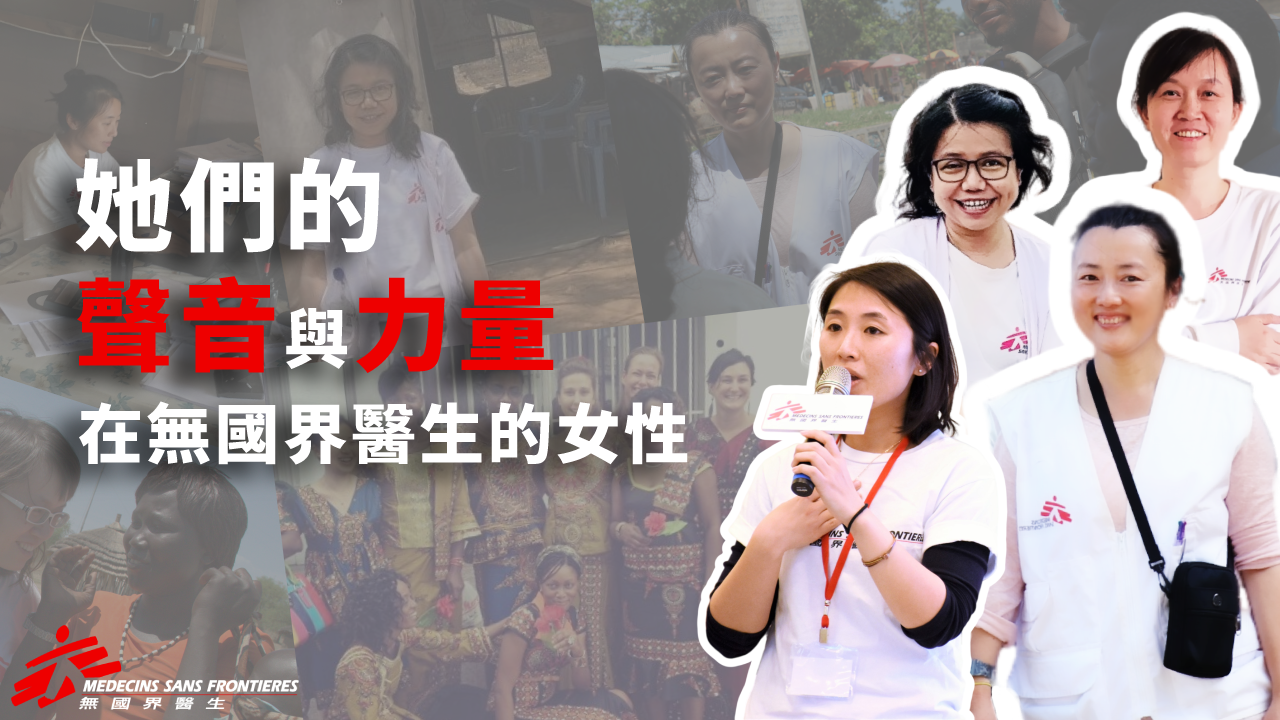Goodbye Yemen


Nov 24, 2015
When I was informed about the location of my next field assignment, Yemen, the first thing that came to my mind was a scene in Friends – Chandler lied to his girlfriend that he had to work in Yemen in order to escape from her. But when I read the related documents about this country, I came to realise that it has nothing to do with the gaiety of this drama. Yemen has been suffering from consequences of armed conflicts for many years, and the situation recently went worse again with innocent civilians dying from everyday bombing,and shellings
Long journey
The beginning of a mission is always full of “surprises”. On the way to the project, I’ve got problems with my visa, my luggage was lost and the flight was delayed so I was stuck in the airport. It took me six days and four transits to reach the project. The first rains of the monsoon season came on the day of my arrival. There were leakages at our base and the hospital, so after tidying up the leaks in our rooms, I followed my colleagues to the hospital, moved the stocks of medicine away from affected areas and cleared the rainwater. This was the special warm welcome that Abbs offered me.
Severe shortage of supplies
My project is located in Abbs in the northwestern part of the country, 60km away from the border where conflicts were most intense. We supported a hospital there and provided water as well as mobile clinics (still in preparation at that time) to the displaced people who came from the border. The biggest challenge there was the limited human resources and supplies. There were only two iNGOs working here for the populations, far from sufficient to meet the needs of the displaced. It was difficult to send in expatriates because of visa issues, and there were also restrictions on imports of supplies.
Airstrikes
As I started to tidy up the mess, the front line was moving slowing towards Abbs. The surrounding areas of the hospital were bombed and there were several gunshots and grenade explosions in the local market. Whenever there was airstrike, we had to put down our work and hide in the designated windowless safe room until it stopped. The nearest airstrike was only several kilometres away from the hospital. After the bombing, a child came and showed me some fragments of the bomb he picked up from the streets. There was another time when the airstrikes hit at night and our hospital received a lot of wounded patients. We quickly went back to the hospital to provide support. The ongoing conflicts have made our work much more difficult.
Our work in the logistics team was hindered because of insecurity. The field coordinator implemented safety measures as the situation evolved, and the team could only go to the hospital twice every day. All extra movements would need to be approved. Moreover, some suppliers and workers stopped working because they were afraid of the airstrikes, so a lot of logistical work like procurement, hospital constructions and water supply service at the displaced camps were affected.
Diarrhea
There were more problems. In the second week of my mission, I could no longer afford 16 hours of work every day. I had high fever and diarrhea for more than a month. At the same time, there were changes in the logistics team. An international staff left earlier than expected and two other crucial local staff were on leave. I could only maintain the operations of the project and was not able to start new constructions. I felt that I’d reached my limits, so I asked for help from the logistics manager in the capital to send another international logistician to our project.
On the right track
The situation in Abbs started to stabilise in September. With two experienced international staff joining the team, there was significant progress in the project. Our new head of logistics team took over the base and coordination while I focused on the logistical work in the hospital. I immediately threw myself into new constructions of the hospital, including the building of OT, waste management centre, electric system, pedestrian roads and water drainage system. Compared to South Sudan, where I had my first mission, it’s easier to launch constructions in Yemen as the raw materials were cheaper and the workers had better expertise. Everything went smooth and well.
Yemeni traditions
Yemeni people show their hospitality to foreigners all the time, and I was always surprised by them. Hospital staff invited me to have lunch with them every day, and treated me with milk tea and mango milkshakes. Whenever there’s international staff leaving the project, we would organise a farewell party, and everyone would wear traditional costumes – a white gown with Janbiya, a curved blade fixed to the waist. When the party started, a representative would give a speech, thanking the staff who’s leaving the project and presenting him a gift.
Another tradition that’s worth mentioning is Khat. Most shops in Abbs are closed for two or three hours after lunch when people get together with friends and family to chew khat and chat. Khat is banned in Europe and America, but in Yemen it carries a deeper meaning. Staff said that khat is refreshing and it’s a tradition of manner to give khat to friends.
This is my fourth and most difficult MSF mission. Daily management, armed conflicts, limited resources, my own health problems…I’ve thought of going home for so many times because of all these. But when I went home, I forgot all the pains and sufferings. What I remember is the happy moments of working in the front line – when we ate together with our hands, when I discussed the constructions with workers, when translator sent me a cake before I left. I start to look forward to working in the front line for new challenges again. Maybe this is a symptom for getting addicted to humanitarian work?






Leave a Comment